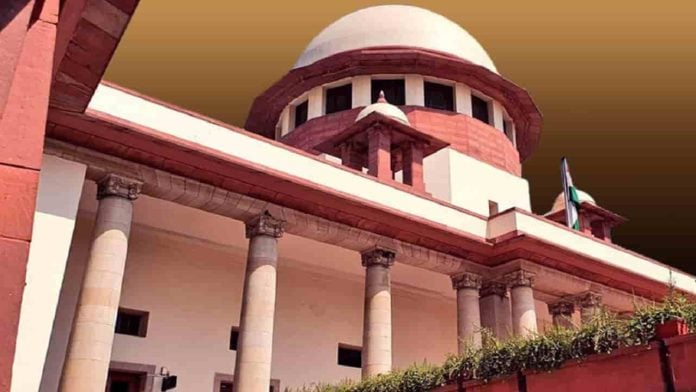In the pleas challenging the constitutional validity of the 10% quota for the economically weaker sections (EWS), the Supreme Court will hear all the three issues as suggested by Attorney General K.K. Venugopal.
A Constitution bench of Chief Justice of India U.U. Lalit and Justices Dinesh Maheshwari, S. Ravindra Bhat, Bela M. Trivedi and J.B. Pardiwala have said to base their hearing on three of the four matters suggested by the Attorney General.
The court said that the first 3 issues that Ag has suggest the issues which arise in the matter. The last issue suggests are in the nature of submissions advancing one of the propositions emerging from issued suggested by AG. We shall be going ahead with the hearing apropos the first 3 issues suggested by the AG
The three issues are as follows:
– Whether the 103rd Constitution Amendment can be said to breach the basic structure of the Constitution by permitting the State to make special provisions, including reservation, based on economic criteria?
– Whether the 103rd Constitution Amendment can be said to breach the basic structure of the Constitution by permitting the State to make special provisions in relation to admission to private unaided institutions?
– Whether the 103rd Constitution Amendment can be said to breach the basic structure of the Constitution in excluding the SEBCs/OBCs/SCs/STs from the scope of EWS reservation?
The Apex Court is currently dealing with petitions filed by NGOs Janhit Abhiyan and Youth for Equality, which challenges the validity of Constitution (103rd Amendment) Act, 2019 saying that reservation can not be based solely on the economic classification.
As per the 103rd Constitutional Amendment Act reservation of 10% seats in public and private educational institutions and in public employment are marked for “economically weaker sections” of citizens other than Scheduled Castes, Scheduled Tribes and socially and educationally backward classes of citizens.
The petitioners contends that the amendment violates the basic structure of the Constitution and breaches the overall 50 per cent ceiling of reservation as mandated by the dictum in Indra Sawhney case.
He stated that the reservation of 10% seats for EWS other than SC/ST/OBCs is arbitrary and excessive.
He further argues that reservation in an educational institution is breach of basic structure and the term ‘class’ under Article 46 of the Constitution does not mean people who are EWS (economically backward class but those who are educationally backward.


